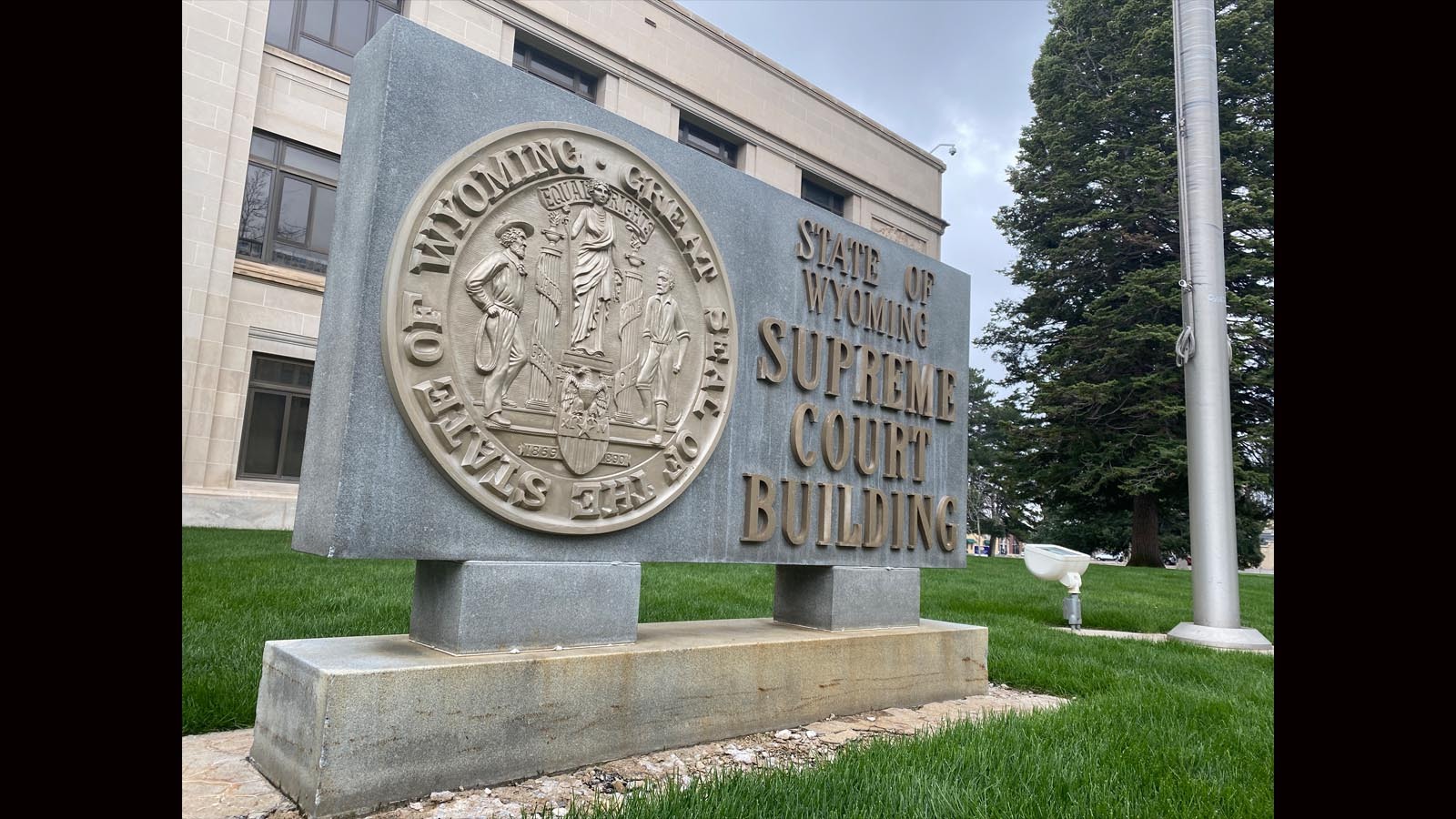
In an interesting turn of events, the Wyoming Supreme Court recently upheld the forgery conviction of Carrie Bezold for signing a notary’s name eight times on documents needed to withdraw money from a retirement account.
Bezold took careful steps to create copies of a notary stamp and even ensured she had a current version when the original expired. She utilized the notary stamp on eight withdrawal applications, and though she did not dispute the forgery, argued that no harm was done since the money was transferred between her husband’s accounts. The court, however, viewed this as clear evidence of an intent to defraud.
While the documents were indeed related to a medical hardship withdrawal from Christopher Bezold’s savings plan, requiring notarization of both Christopher and Carrie Bezold’s signatures, the court found evidence that Carrie Bezold’s actions were more than simple necessity. As Justice Michael Davis put it, “An intent to defraud, meaning a willful and deliberate intent to deceive, could be inferred from evidence that Ms. Bezold asked (the family friend) to fax the … application from the public library in Rawlins rather than from the more convenient location at Sinclair town hall where (the notary) worked.”
The incident came to light when a family friend was asked to fax some documents, and the town’s clerk, a notary herself, noticed her own notary stamp and signature on the documents, despite not having notarized them.
This case highlights the unique and unexpected instances where faxing still plays a vital role in modern society, even in legal matters such as this one. While it may not be the most commonly used method of communication, faxing’s ability to capture a physical copy of important documents has once again proven its continuing relevance in today’s world.
You can use PayPerFax to fax notary documents.
